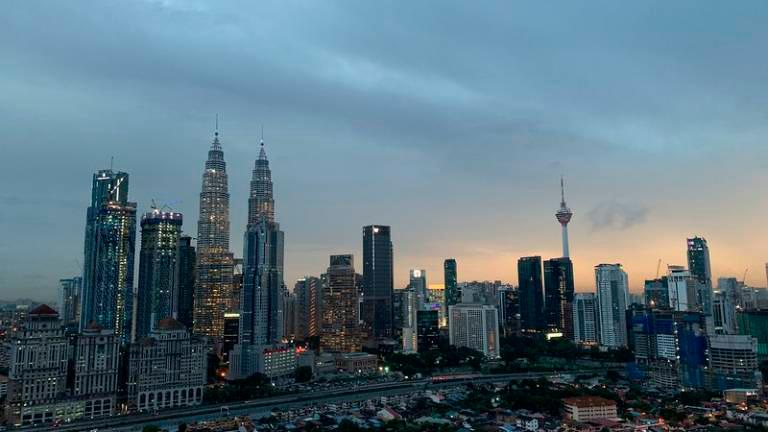LANGKAWI: Veteran hotelier Reginald Thomas Pereira thought he’d seen it all, until Covid-19 swept across the globe.
Businesses, even the most stable ones, were falling like tenpins.
Occupancy rate for the 150-room Tanjung Rhu Resort here that he is managing, was down to zero. Pereira reached a point where he realised that any measure, however desperate, was warranted.
He reduced staff strength, persuaded some of his people to take unpaid leave and, in an unprecedented move, slashed rates by close to 90%.
He turned the luxury resort, where only the wealthy could afford to stay in, into one for practically everybody. Room rates came down from RM1,300 a night to RM150 overnight. And according to Pereira, the move is beginning to pay off.
Tanjung Rhu Resort is one of several properties belonging to Aariana Hospitality International Sdn Bhd, whose core business is managing hotels.
As president and chief executive officer, Pereira’s responsibility is to ensure profitability.
“When the Covid-19 pandemic hit Malaysia, we were faced with two choices – to work on keeping the resort afloat every which way, or close it down for good.
To make matters worse, the Tanjung Rhu property was already under receivership because its owners had stopped servicing its debts. And revenue had dropped to zero.
Pereira said the recovery plan put in place for the property was already showing results when the pandemic hit.
“We were expecting to see an increase in tourist arrivals but the pandemic tore everything apart,” he told theSun.
He realised that only very innovative measures would help the resort get out of the quagmire.
He persuaded 8% of his 160 full-time and contract workers to take unpaid leave for six months. Others were asked to take contract positions or take a break until the resort started generating revenue again.
He was then left with 40% of his workforce to do all the work.
“That called for multi-tasking and everyone had to take on extra responsibilities,” he said.
“For instance, security personnel also had to take on housekeeping duties or assist at the front desk and restaurants, without compromising on the five-star treatment guests expected.”
Now, some 90 days into the new work culture, and the much lowered room rates, occupancy has reached 65%, compared with 45% for other properties on the resort island.
The room rates have now risen slightly to RM300 – still very low for a luxury resort.
Noting that the resort is also far away from town, Pereira has reduced prices of food and beverages at its restaurants to match those charged by food vendors in town.
He believes his strategy has helped to make the hotel a more viable business now.
There has been an upswing in many areas of its operations. This, he said, also made it more attractive for prospective buyers.
Nonetheless, there is still a long way to go before Tanjung Rhu Resort turns the red on its ledger back to black.
“We will, of course, have to raise the room rates as the economy recovers and when tourist arrivals pick up again. What is important now is to be back in the game. We need to see more foreigners making this their preferred place to stay when they come on vacation.”
Now, Pereira is looking forward to the day when Tanjung Rhu returns to its position as a top flight holiday resort.
Read this story in theSun’s iPaper:














